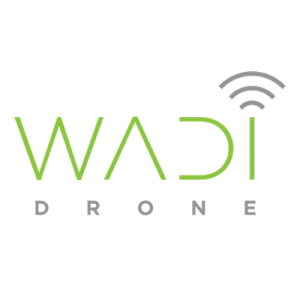
Agriculture
June 12, 2024
Wadi Drone
Read SolutionImplemented by
Wadi Drone

Updated on January 3, 2024
·Created on September 28, 2018
WADI is a solar powered UV measurement device that determines when solar water disinfection (SODIS) occurs in PET bottles.
WADI is a device that measures radiation levels while water is placed under the sun in PET bottles. A happy smiley face in the display indicates the point at which the water has been in the sun long enough to kill bacteria.
Target SDGs
SDG 6: Clean Water and Sanitation
SDG 3: Good Health and Well-Being
Market Suggested Retail Price
$40.60
Target Users (Target Impact Group)
Household
Distributors / Implementing Organizations
Partner organisations like Getwater.io, The GoodWater Company. Also, Helioz has implemented projects with distributors and institutions.
Competitive Landscape
Direct competitors include Solvatten Solar Safe Water System.
Countries
Brazil, Colombia, Ethiopia, Ghana, India, Indonesia, Kenya, Mexico, Pakistan, Philippines, South Africa, Tanzania, Venezuela
Manufacturing/Building Method
WADI is manufactured by Helioz GmbH in Austria.
Intellectural Property Type
Trademark
User Provision Model
User can purchase the product directly by contacting the manufacturers or through Amazon.
Distributions to Date Status
5000 units distributed as of 2013.
Deactivation mechanism
Solar UV radiation
Energy source
Sunlight
Manufacturer-specified water treatment rate (L/hr)
Once WADI and the nearby water has received sufficient UV radiation, the sad face will turn happy along with 4 constant progress bars.
Bacteria reduction
6 log
Virus reduction
3 log
Protozoa reduction
Unknown
Heavy metals and/or arsenic reduction
Unknown
Maximum recommended influent turbidity level (NTU)
30 NTU
Effluent turbidity levels (NTU)
Does not reduce turbidity
Safe water storage capacity (L)
None
Design Specifications
WADI continuously measures the sun’s radiation and compares these measurements with scientifically tested data. As soon as the incident UV-dose reaches that of the reference value stored in WADI, the device indicates happy face.
Technical Support
Contact the manufacturer
Replacement Components
Not available
Lifecycle
Minimum two years based on normal handling.
Manufacturer Specified Performance Parameters
WADI is free of any toxic substances and does not change the taste or appearance of water.
Vetted Performance Status
WADI has been tested in various independent laboratories across Europe, Africa and Asia. SODIS technology is developed by ETH Zurich.
Safety
Some basic safety measures are:
1. SODIS cannot be used for water with turbidity higher than 30NTU, polluted with water or harmful chemicals.
2. Only PET bottles are recommended for the use of WADI and SODIS.
3. Use of corrugated iron sheet for SODIS is highly recommended for better performance.
4. Regular cleaning of the solar cell and UV sensor is required to guarantee adequate energy supply and correct measurements.
Complementary Technical Systems
Methods or techniques to remove turbidity, metals and harmful chemicals from water.
Academic Research and References
“HELIOZ Projects,” Helioz.org. Available: https://www.helioz.org/en/helioz-projects
“Goal 6,” Sdgs.un.org. Available: https://sdgs.un.org/goals/goal6
CAWST, “WADI,” WADI. Available: https://www.hwts.info/products-technologies/36852e9b/wadi/technical-information
Chemical disinfection, “Of the WHO international scheme to evaluate household water treatment technologies,” Engineeringforchange.org. Available: https://www.engineeringforchange.org/wp-content/uploads/2018/06/WHO_2016_Results-of-Round-I.pdf
Evaluation methods. Household Water Treatment and Safe Storage Knowledge Base. Available: https://www.hwts.info/document/617db4cf/improvement-in-potable-water-through-solar-disinfection-sodis-with-uv-indicator-mini-evaluation-repo
Compliance with regulations
WADI follows the WHO Guidelines for safe drinking water.
Evaluation methods
Product evaluation: The evaluation of the WADI consisted of laboratory testing of the product’s performance against all three
classes of pathogens. Testing followed requirements of the solar (UV and heat) technology-specific protocol. Following the manufacturer’s use instructions, three units (triplicate replicates) were evaluated for all three classes of pathogens in general and challenge test waters. A solar lamp was used to provide 550 W/m2 of simulated outdoor solar radiation in a laboratory setting. This irradiance corresponds to what would likely be observed between latitude 15° N and 35° N as well as 15° S and 35° S, where the majority of developing countries are located.
Another evaluation report carried out by Agency of Cooperation and Research in Development (ACORD) in Uganda is available.
Other Information
By reducing the use of firewood to disinfect water, WADI leads to significant CO2 reductions.

Agriculture
June 12, 2024
Implemented by
Wadi Drone
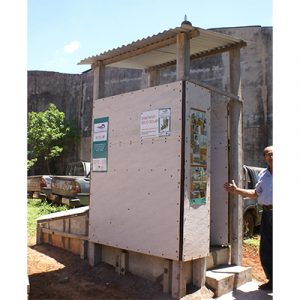
Agriculture
January 17, 2024
Implemented by
Centro de Desarrollo del Habitat y el Medio Ambiente (CEDES/Habitat)
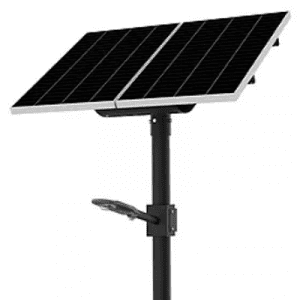
Agriculture
January 19, 2024
Implemented by
Solar Street Lights Africa
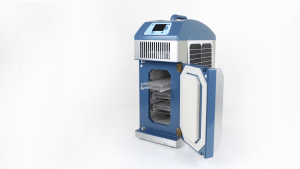
Agriculture
February 20, 2024
Implemented by
Stone Cold Systems
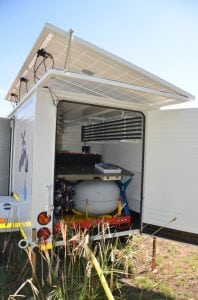
Agriculture
September 23, 2023
Implemented by
Aqua-cura
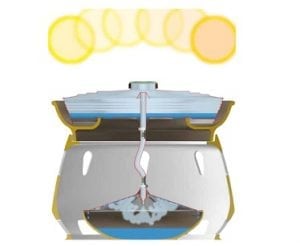
Agriculture
September 25, 2023
Implemented by
Gabriele Diamanti
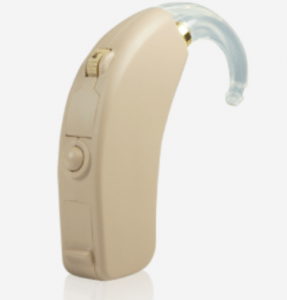
Agriculture
December 7, 2023
Implemented by
Solar Ear
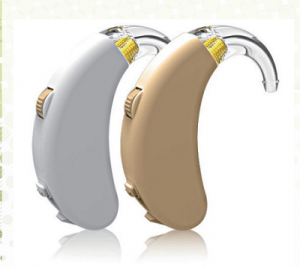
Agriculture
December 7, 2023
Implemented by
Solar Ear
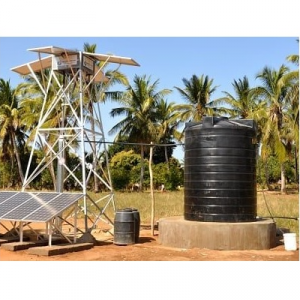
Agriculture
December 27, 2023
Implemented by
Pumpmakers
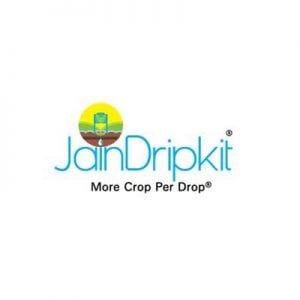
Agriculture
August 20, 2024
Implemented by
Jain Irrigation Systems Ltd.
Have thoughts on how we can improve?
Give Us Feedback